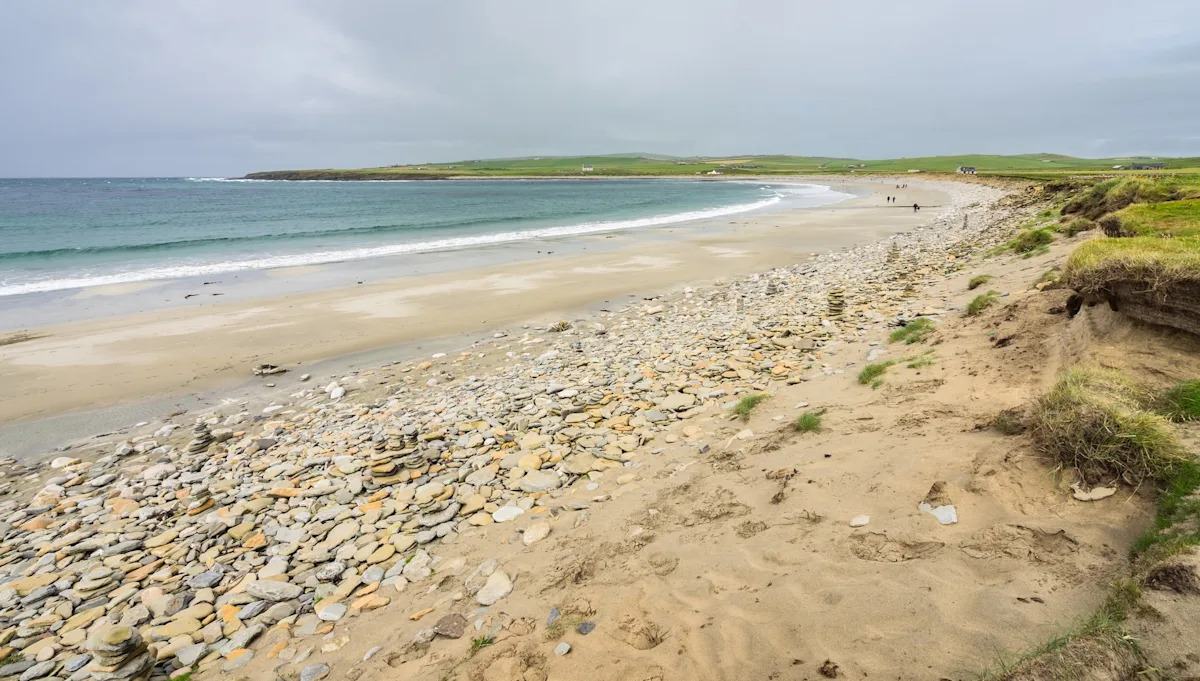The University of Glasgow has published a paper detailing the increased prevalence of stranded marine mammals.
What’s happening?
According to The Guardian, the Scottish Marine Animal Stranding Scheme (SMASS) found that whale and dolphin strandings are rising. Strandings occur when these marine mammals wash up on shore and cannot get back into the ocean, often resulting in death.
Thirty-six whales were stranded along Irish, Swedish, and Dutch coastlines in just two weeks. The research observed that these animals are entering shallow seas, where they can’t forage for their deep-sea food.
Dr. Andrew Brownlow, the director of SMASS, explained that the 118 stranded beaked whales around the coasts of Ireland and western Scotland in 2018 show a “globally unprecedented number.”
Over the last 30 years, stranding incidents have increased among all whale, dolphin, and porpoise species near Scotland, according to the University of Glasgow. The research, published in the journal Scientific Reports, showed that these rates increase exponentially each year, by as much as 800% in some species.
The study also noted that strandings among common dolphins and baleen whales increased the most.
What do these strandings mean?
Whales and dolphins can act as indicator species for marine ecosystems. These strandings warn that human activity is severely impacting these oceanic environments. Some of the most prominent recently stranded species include deep-diving whales and beaked whales.
Brownlow explained, “Clusters of beaked whales should raise suspicions.”
Noise pollution is cited as a possible cause and predominant stressor for marine animals. Seismic survey air guns and drilling from industrial construction, which cause sonic disturbances, are notable contributors.
Healthy oceans are essential to a thriving planet. The oceans regulate the Earth’s climate by absorbing carbon emissions, while also emitting 50% of the world’s oxygen. Many people also rely on the sea for food and livelihoods.
How can we protect marine mammals?
Reducing noise pollution, closely managing fishing net use, and passing policies to protect ocean life can all help. From using your voice to influence politicians to participating in beach clean-ups, every effort matters. Even conserving water and learning more about marine mammals can make a difference.
To help these animals, everyone needs to be mindful of how human activity impacts the environment, especially the oceans.
Studies like this help inform conservation efforts. The more data available, the better decisions officials can make regarding environmental policies.
According to The Guardian, Brownlow said, “This is the new normal, and we must tread as softly as we can.”
Join our free newsletter for good news and useful tips, and don’t miss this cool list of easy ways to help yourself while helping the planet.

